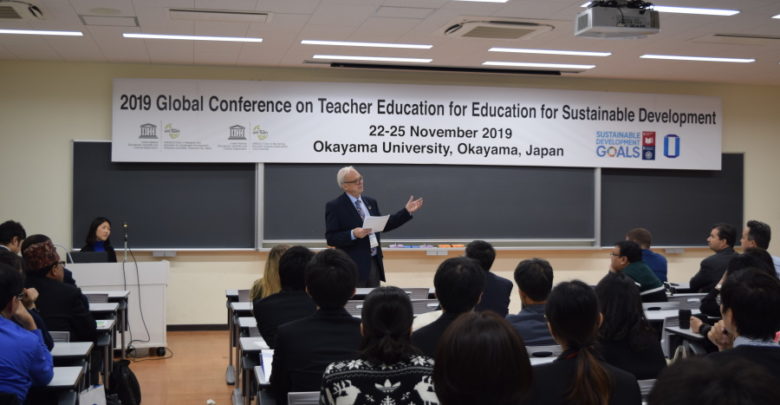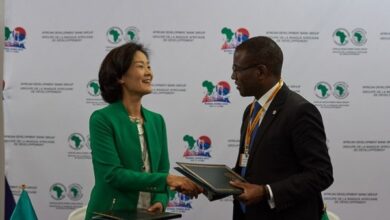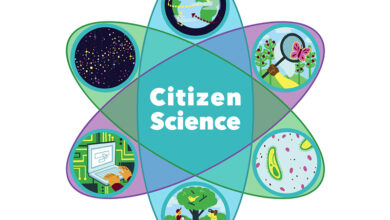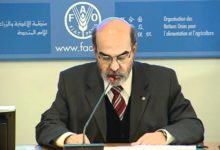
Education for Sustainable Development (ESD) is program led by UNESCO to nurture leaders to bear the responsibility to build a sustainable society with the ability to view current social challenges—such as environmental issues, poverty, human rights, peace and development—and who can think globally and act locally. The ESD program is key to achieving the Sustainable Development Goals (SDGs) by the target date of 2030, that are being rapidly pursued around the world.
On November 22 and 25, 2019, the “2019 Global Conference on Teacher Education for Education for Sustainable Development” (hosted by Okayama University and the International Network of Teacher Education Institutions [Secretariat at York University, Canada]) was held at Okayama University’s 50th Anniversary Hall and the Faculty of Education to discuss the educational policy of teachers promoting ESD. Two hundred people involved in education from 40 countries around the world attended the conference, deepening the discussion on educational policies of teachers promoting ESD.
At the conference, participants announced the Asia-Pacific ESD Teacher Competency Framework, the first international framework on qualifications and abilities of teachers promoting ESD, jointly developed by UNESCO and universities in the Asia Pacific region. The framework designates “SHAPING FUTURES” as its core principle, comprising the three categories of “Facilitating Learning,” “Connecting, Collaborating, and Engaging” and “Continuing to Learn and Create.” To proliferate the framework, the participants also announced the statement (see below) consisting of nine points, summarizing the roles of educational institutes such as universities, as well as national and international organizations. It can be said that the directions for teacher education were set for the coming decade at this conference. Representatives from the participating institutions gave presentations on educational initiatives and research results, deepening the discussion to seek better education methods for ESD.
Furthermore, links between Global Citizenship Education (GCED), a UNESCO initiative, and ESD were also discussed at the conference. Although GCED and ESD overlap considerably, they have been promoted separately. This is the first conference for GCED and ESD to be collectively discussed with the view to find ways of linking them to achieve the SDGs and reflect them in teacher education on a global level.
In addition to promoting SDGs throughout its entire organization, Okayama University has been working on teacher education for SDGs by serving as a UNESCO chair for ESD and a central institution for Okayama City as the Regional Center of Expertise (RCE), a local hub for ESD designated by United Nations University. Notably, Okayama University also leading member of the Interuniversity Network Supporting the UNESCO Associated Schools Project Network. Moreover, Okayama City was designated as Japan’s first RCE in 2005, being highly evaluated because of its collaboration with the local community including community centers. This conference was held at Okayama University because of its contributions to and progressiveness in its activities for ESD and the SDGs.
Okayama University expects to continue its activities to foster and train teachers promoting ESD in collaboration with universities in the Asia Pacific region. Furthermore, Okayama University is confident that it will establish the Okayama Model, in which universities, municipalities and citizens’ groups collaborate through the Whole Community Approach, advancing activities that focus on connections with local communities. At the conference, Okayama University was able to establish a very diverse framework for ESD in the Asia Pacific region. In the future, Okayama University will devise methods for forming a universal network across the entire world. Okayama University will continue to play a leading role in promoting ESD through strengthened collaboration with global and local communities.
<Details of the statement announced at the international conference held at Okayama University>
Teacher Education for Education for Sustainable Development
2019 Statement from Okayama
Based on the multi-laying synchronization between ESD and GCED towards the achievement of SDGs target 4.7 and ESD for 2030, we will proceed as follows.
Institutional Level
1. Motivate all personnel in the institution to participate ESD/SDGs related activities2. Integrate ESD into the existing curricula and lessons to foster ESD fully-awared teachers and personnel, based on ESD teacher competency framework3. Provide ESD expertise for action plan/implementation of ESD programmes in local community
National Level
4. Develop national standards/action plan of teacher education to lead and understand ESD/SDGs5. Design ESD teaching aids/training materials and other tools for teaching staff and students to begin with and to further develop6. Establish clear monitoring and evaluation systems to motivate and support the implementation7. Use media to relay information to communities, and as a platform for children/youth to share their ESD ideas, activities and movement
International Level
8. Formulate joint activities on ESD to share experiences with diversity9. Hold regular conferences to present our initiatives and efforts on ESD as a platform
22 November 2019
Okayama, Japan
2019 Global Conference on Teacher Education for Education for Sustainable Development
Further information
Okayama University Education for Sustainable Development Promotion Center
https://edu.okayama-u.ac.jp/promotion_center/
http://www.okayama-u.ac.jp/user/kouhou/ebulletin/feature/vol27/feature_001.html







